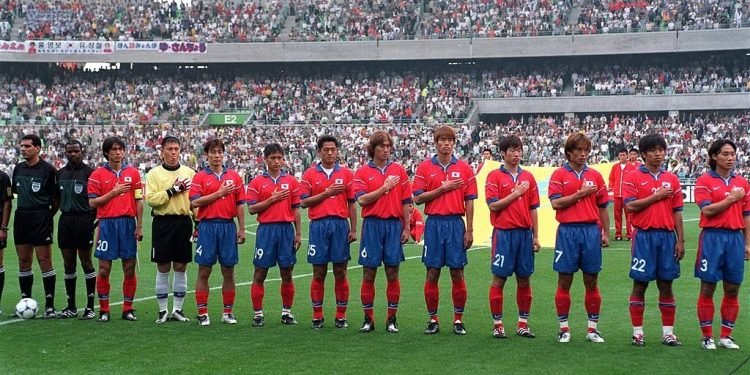Amid a dispute over Hong Kong’s national anthem placement, Google asserts that it does not influence its search results.
According to Hong Kong’s request, glory to Hong Kong, a well-known protest song, had to be buried in search results.
Instead, the top search result should be China’s national anthem, according to John Lee, the territory’s leader, who called it a “moral issue.”
Two recent competitions unintentionally played the protest song for Hong Kong athletes.
Google processes billions of search requests daily, “we construct ranking systems to automatically surface relevant, high quality, and helpful content.”
We do not manually manipulate organic web listings to affect a page’s rating, it continued.
Last month’s rugby match in South Korea, Glory to Hong Kong, was played instead of the Chinese national anthem, March of the Volunteers.
The top internet search result for “Hong Kong national anthem” was chosen by staff, according to the Asia Rugby Association, who then downloaded the incorrect song.
At a previous rugby match, the Chinese national anthem was playing while the title of the protest song was shown on the screen.
Glory to Hong Kong was performed earlier this month for weightlifter Susanna Lin at a celebration in Dubai.
Chris Tang, the head of security in Hong Kong, claimed Tuesday that Google had rejected the city’s demands using the company’s algorithm as justification. He called this “unconvincing.”
Citing Google’s response to the EU’s highest court’s finding that the corporation must remove results about people if they can prove the information is false, he charged the company with applying double standards.
Wang Wenbin, a spokesperson for China’s foreign ministry, stated that Beijing backed the measures taken by the Hong Kong administration to “uphold the dignity of the national anthem.”
He claimed that internet service providers had a duty to provide accurate information.
Police will look into whether the South Korean anthem mix-up broke any national security laws in Hong Kong. Beijing enacted the contentious regulation in 2020 to quell dissent following demonstrations for democracy and claims it is applicable everywhere.
The tech giant claimed it was in contact with Hong Kong’s government to explain “how our platforms and removal procedures work,” despite being blocked in mainland China yet accessible and having an office there.
The corporate comment states, “We do not remove online results unless for specific reasons mentioned in our global policy documents.”
Mr. Tang and Mr. Lee have both stated that Google will get another request from the Hong Kong government.
Google has had disagreements with the Hong Kong government before. Following the implementation of the national security law, the corporation halted its data request collaboration with the Hong Kong police.
Google-owned YouTube earlier this year shut down John Lee’s channel, citing Mr. Lee’s US-imposed sanctions for restricting civil freedoms as the reason.








